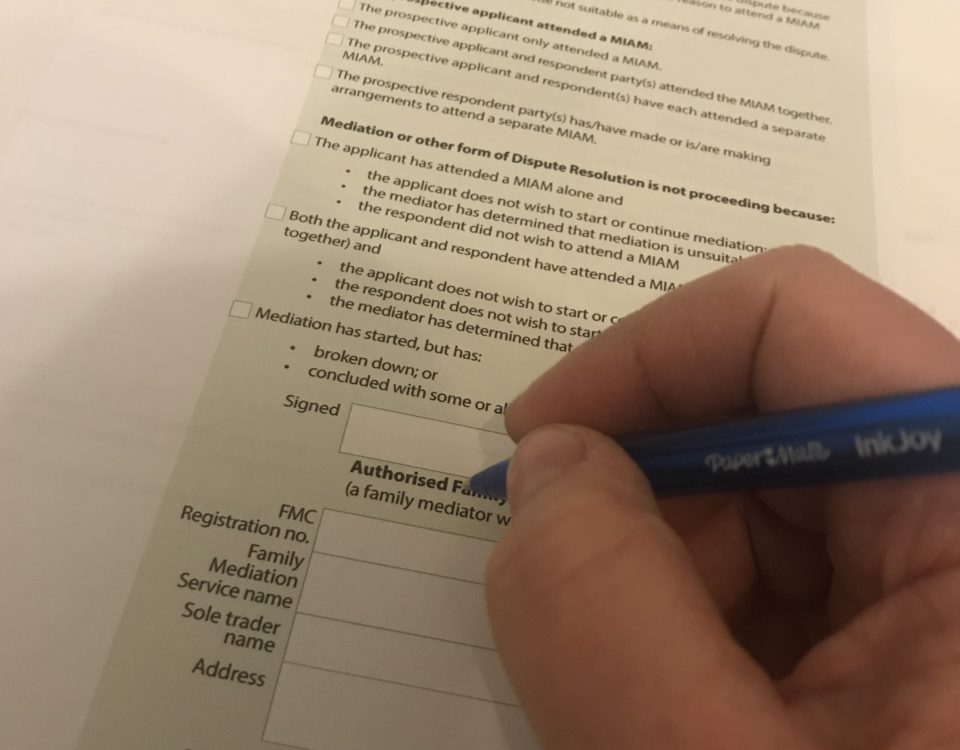
Deal or No Deal: Making commercial decisions is what businesses do best
August 25, 2016
How to say we’re over?
July 13, 2017Who is the gatekeeper to mediation?
In civil and commercial mediation circles this is a question often asked. The usual answer is solicitors.
But is it?
High Value Disputes – When the Stakes are High
In a high value dispute, especially one that involves multiple parties, interactive contracts and international boundaries it may be solicitors but often the gatekeeper is in-house counsel, the company’s finance department, or an insurer or reinsurer.
Small Business Disputes – When the Stress is Overwhelming
In disputes involving small businesses or individuals it is often the solicitor giving advice to their client who suggests mediation. Solicitors run a business, they need to make profit, but their overriding duty is to act in the best interest of their client. They might use the court process, mediation, or negotiation as instruments; but at the end of the day, they usually try and seek a cost-effective solution as opposed to the winner takes all principle of any court.
If solicitors are the gatekeepers should they be suggesting mediation as opposed to fighting in court?
In small claims, the parties often can’t afford solicitors’ fees which might outweigh any value in the claim. We would always advise parties to consider seeking legal advice. Perhaps there is a need for solicitors to offer basic advice about the options in pursuing a claim or dispute with appropriate risk assessments even if they are not going to be engaged “running” the case.
The Claimant and Defendant as the Gatekeepers
In low value cases the initial gatekeeper is the party bringing the action. They can choose to ignore the dispute and accept the status quo, initiate proceedings, or seek Alternative Dispute Resolution (ADR) including mediation. Once legal proceedings are issued there is a risk that the gatekeeper will become the defendant. The defendant can refuse mediation. The defendant can control costs in the hope that the claim is withdrawn. The defendant can issue a counterclaim which again adds to costs and anxiety. The claimant should be aware of any potential for these scenarios to occur.
The following steps might help in dispute resolution, whatever the value:
- Assess the concerns and value of the dispute, before initiating a complaint.
- Offer ADR including mediation.
- Consider the merits of legal action, but try and seek legal advice
- Indicated the possibility of legal action to the other party.
- Offer ADR including mediation.
- Initiate legal action.
- Offer ADR including mediation.
- If you initiate proceedings, be prepared for the judge to direct mediation.
In some cases, the other party in a dispute only listens when proceedings are issued.
In other cases, the legal process rolls on towards the door of the court until the judge directs mediation.
For Your Business Sake – Smart People Mediate!




